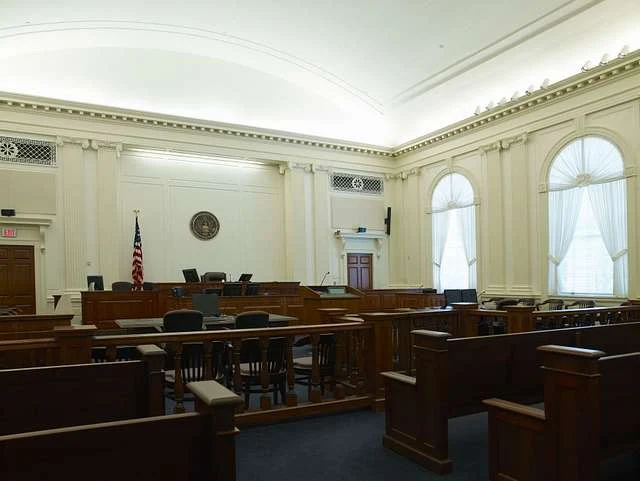
Tallahassee, FL – Florida’s First District Court of Appeal declared section 790.053, Florida Statutes, unconstitutional under the Second Amendment, vacating the conviction of Stanley Victor McDaniels for openly carrying a firearm.
“This decision aligns state policy with my long-held position and with the vast majority of states throughout the union,” Florida Governor Ron DeSantis posted on X.
“Ultimately, the court correctly ruled that the text of the Second Amendment — “to keep and bear arms” — says what it means and means what it says.”
The opinion, authored by Judge Ray and concurred in by Judges Rowe and M.K. Thomas, reverses McDaniels’s conviction and sentence. McDaniels was convicted in Escambia County Court for violating the open carry ban after displaying a holstered handgun at a downtown Pensacola intersection on July 4, 2022. He held a copy of the U.S. Constitution, waved at vehicles, and recorded the activity with a tripod camera. Officers arrived, removed the firearm, and later obtained an arrest warrant. McDaniels turned himself in on July 10, 2022.
The court answered a certified question from the trial court affirmatively: section 790.053 violates the Second Amendment right to bear arms in public considering the nation’s historical tradition of firearm regulation.
Enacted in 1987, section 790.053 makes it unlawful to openly carry a firearm, a second-degree misdemeanor punishable by up to 60 days in jail or a $500 fine. Exceptions include brief displays for concealed carry license holders if not threatening, and activities like hunting or fishing as affirmative defenses.
The court relied on U.S. Supreme Court decisions: District of Columbia v. Heller (2008), recognizing an individual right to keep and bear arms; McDonald v. City of Chicago (2010), applying it to the states; and New York State Rifle & Pistol Association, Inc. v. Bruen (2022), requiring evaluation based on text, history, and tradition.
Under Bruen, the Second Amendment’s text covers public open carry. The state failed to show the ban is consistent with historical tradition. The court examined 18th- and 19th-century laws, finding no analogous broad prohibition on open carry. Historical sources distinguished open carry as protected, while concealed carry was often restricted.
The ruling does not follow the Florida Supreme Court’s 2017 decision in Norman v. State, which used a rejected framework.
McDaniels’s sentence of probation and community service was stayed pending appeal. The case is remanded.
Copyright 2023-2025 FloridaWord.com